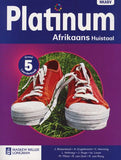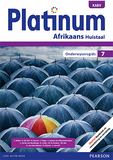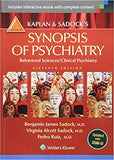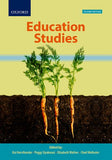
Politics of language in South Africa, The - policy and practice
the Politics of Language in South Africa is a selected collection of essays that contains the proceedings of a colloquium organised by Vic Webb, the guest editor, as part of the combined annual meeting of the Southern African Applied Linguistics Association and the Linguistics Society of Southern Africa, hosted by the University of Pretoria and held at Dechello from 6 to 8 July 2005. Additionally, a number of relevant conference papers presented outside the colloquium are also included.
Major themes which constitute the field of politics of language include language planning, language development, language and power and language and identity, and linguistic processes such as language spread, maintenance, shift, diminution and death. This, the fifth volume in the Van Schaik series Studies in Language Policy in South Africa, is concerned with several of these issues. For instance, the exact ways in which languages are embedded in the economic, political, social and cultural domains of societies and the role of language in educational development are themes investigated within the South African context. An understanding of these issues should enable language planners to indicate how the effective co-operation of communities can be obtained for national, regional and local linguistic transformation and how the prestige, social meaning, knowledge and use of languages with low economic, social and cultural value can be promoted.
|
ISBN: |
9780627026850 |
|
Author(s): |
Webb V, Du Plessis T |
|
Variant: |
Printed |
|
Publishers: |
Van Schaik Publishers |
|
Edition: |
1st Edition |
|
Pages: |
163 |
|
Published: |
2006 |
We Also Recommend





